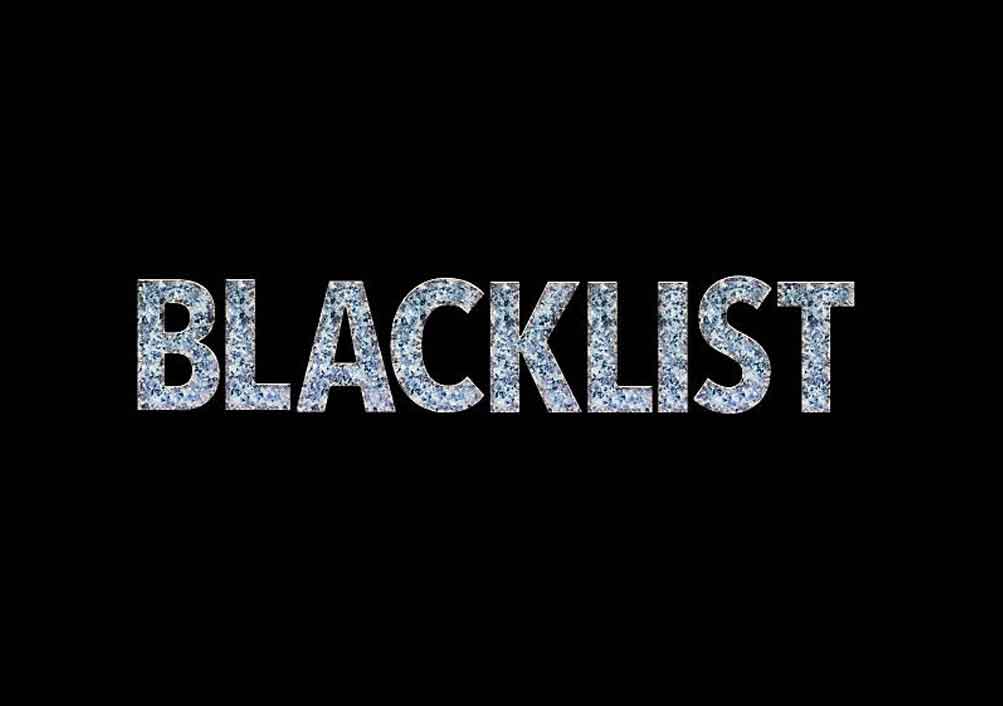Debarment is effective method for disciplining deviant suppliers: Apex Court while blacklisting contractor whose omission in constructing flyover caused death of one

Read Judgment: State of Odisha & Ors. V. M/s Panda Infraproject Limited
Pankaj Bajpai
New Delhi, February 25, 2022: Observing that the High Court ought to have considered the seriousness of the incident in which one person died and eleven others were injured due to omission and commission on the part of the contractor in constructing the flyover, the Supreme Court has said that “debarment” is often used as an effective method for disciplining deviant suppliers/contractors who may have committed acts of omission and commission.
However, noting that permanently debarring the contractor can be too harsh a punishment, the Supreme Court opined that if the blacklisting is restricted to five years, it may be in the fitness of things.
A Division Bench of Justice M.R Shah and Justice B.V Nagarathna observed that the High Court has erred and has exceeded its jurisdiction in exercise of powers under Article 226 of the Constitution of India by quashing and setting aside the blacklisting order, that too, without adverting to the serious allegations and the act of omission and commission on the part of the contractor which led to a serious incident of collapse of ten meter slab while concrete work of the deck was going on and due to which one person died and eleven others were injured.
Going by the background of the case, Panda Infraproject (Respondent – contractor) was awarded a contract for construction of a flyover over the railway level crossing at Bomikhal Junction in Bhubaneswar. However, after construction, in the year 2017, a ten meter slab of the flyover collapsed during concreting of the railway over bridge at the level crossing, which resulted in loss of life and property. The inquiry report conducted by the Chief Engineer (Design) and Chief Engineer (DPI and Roads) found the contractor guilty. On the basis of such report the State Government directed that immediate action be taken for blacklisting the contractor following the procedure as per the Orissa Public Works Department (OPWD) Code. Resultantly, the contractor was banned from participating or bidding for any work to be undertaken by the Government of Odisha and the contractor was also banned from transacting business with Government of Odisha, either directly or indirectly.
The matter reached the High Court, where the order of blacklisting was set aside, mainly on the ground that it was in violation of principles of natural justice. However, another writ was filed with a grievance that despite the order of blacklisting set aside by the High Court, the contractor’s name continues to be shown as blacklisted in the official portal of the Government of Odisha. Accordingly, the High Court directed the State to pass appropriate orders to stop showing on the official portal of the Government of Odisha the name of the contractor as a blacklisted company to enable the contractor to seek renewal of its licence as well participate in future tenders.
After considering the submissions, the Apex Court noted that before initiation of any proceedings for blacklisting, there can be a tentative decision on the basis of the material available forming a tentative/prima facie opinion that action is required.
In the instant case a committee submitted a detailed report which was the basis for issuance of the show cause notice to the respondent and the action initiated against the respondent was not in a vacuum but after considering the committee’s report and after following the due procedure as required, and therefore, the High Court has erred in holding that the blacklisting order was pre-determined, added the Court.
So far as the findings recorded by the High Court that the blacklisting order was in breach of principles of natural justice is concerned, speaking for the Bench, Justice Shah noted that the blacklisting order was passed after issuing a show cause notice to which the contractor and only after considering the allegations in the show cause notice, considering the reply and also by considering the material available on record the order of blacklisting was passed.
Having found the serious lapses which led to a serious incident in which one person died and eleven others were injured, the State Government took a conscious decision to blacklist the contractor, and therefore, it cannot be said the order blacklisting the contractor was in violation of principles of natural justice, added the Bench.
Lastly, the Apex Court partly allowed the appeal and restricted the period of blacklisting to five years from the date of passing of the order of blacklisting.
Sign up for our weekly newsletter to stay up to date on our product, events featured blog, special offer and all of the exciting things that take place here at Legitquest.




Add a Comment